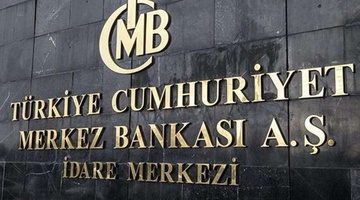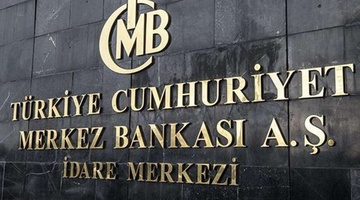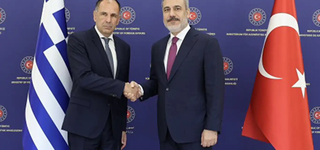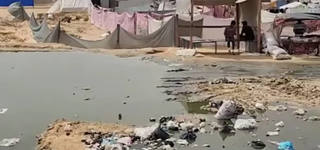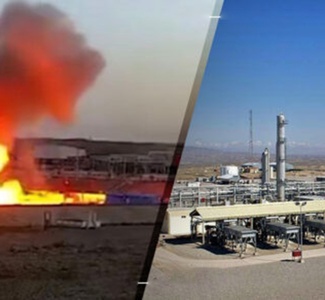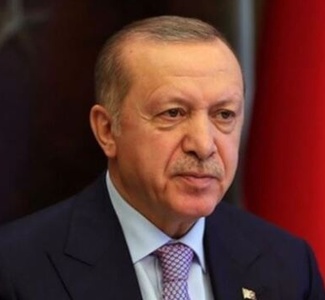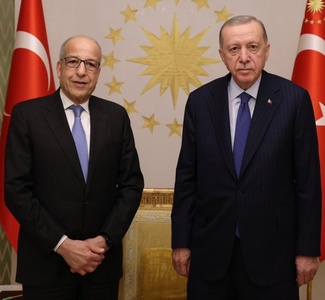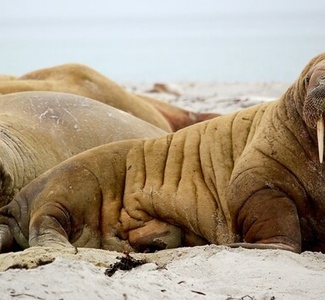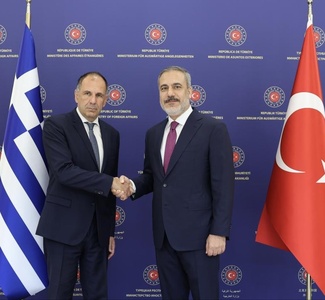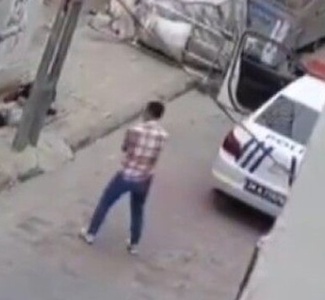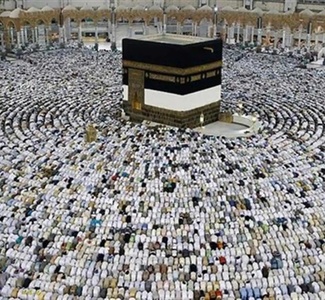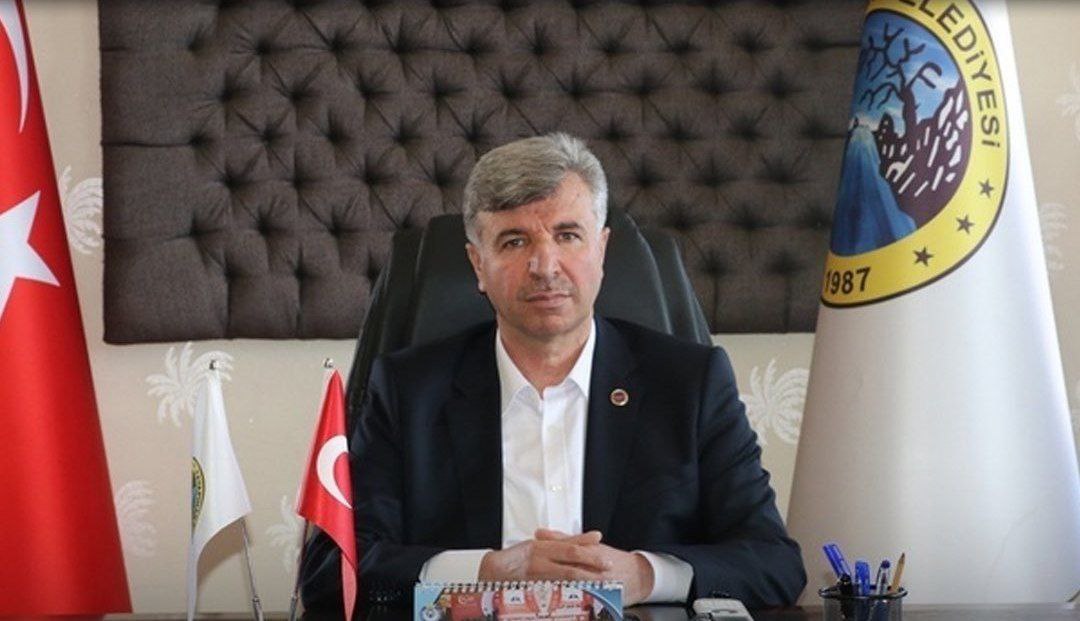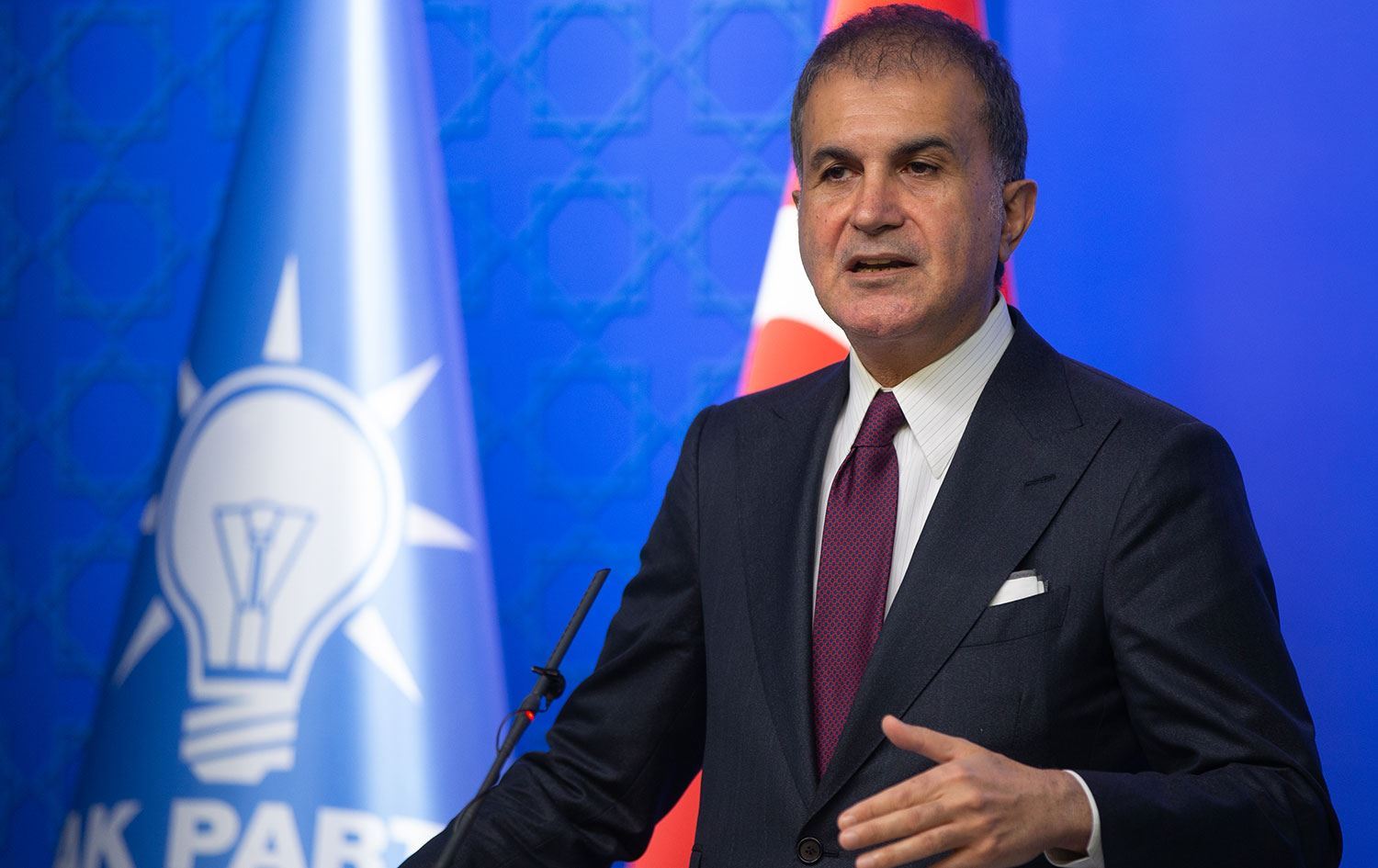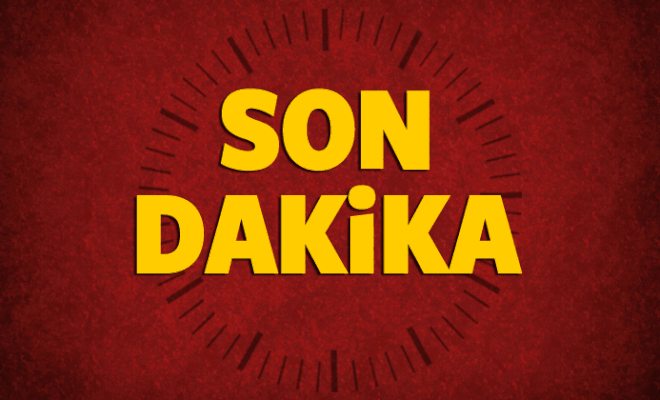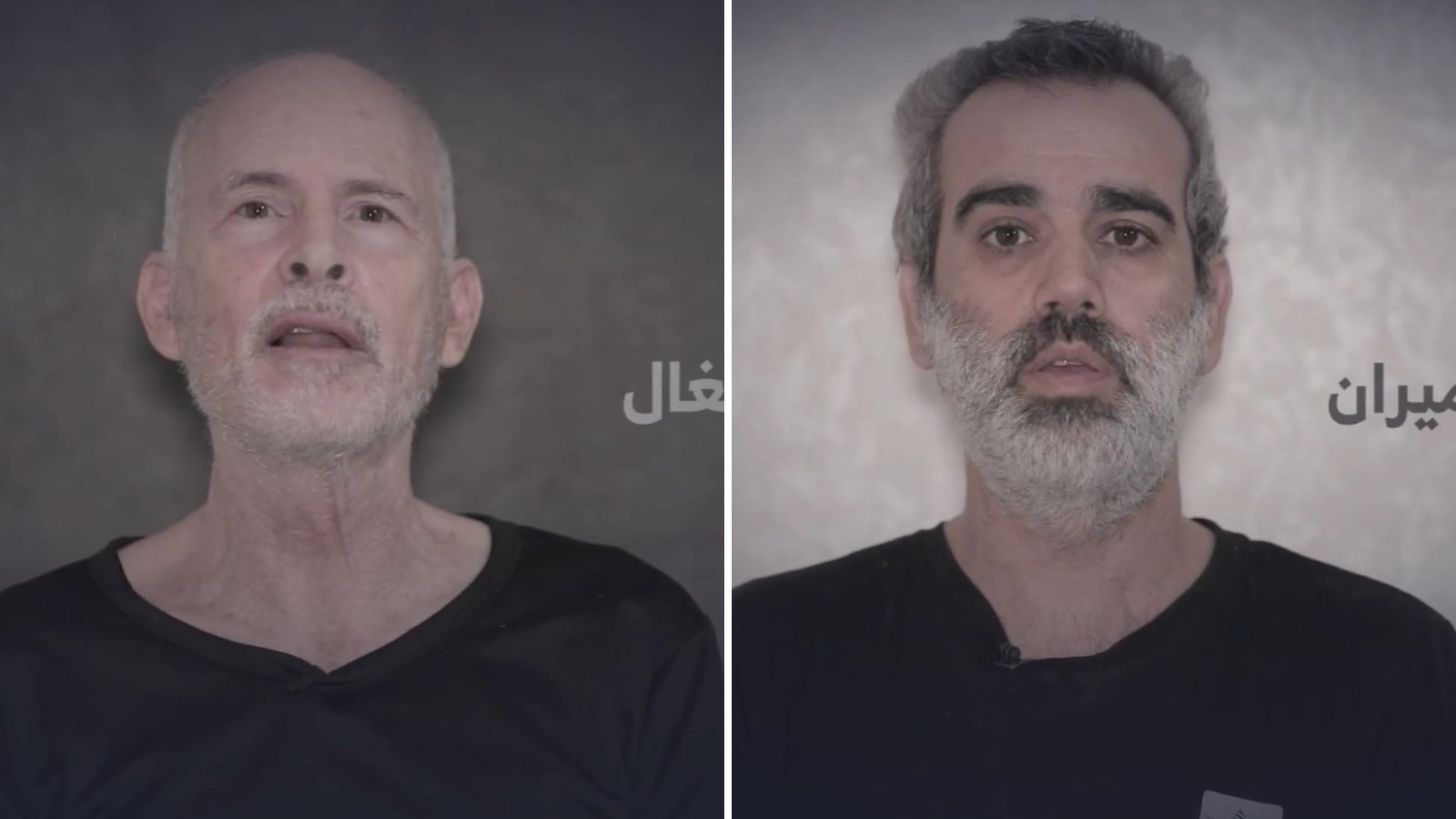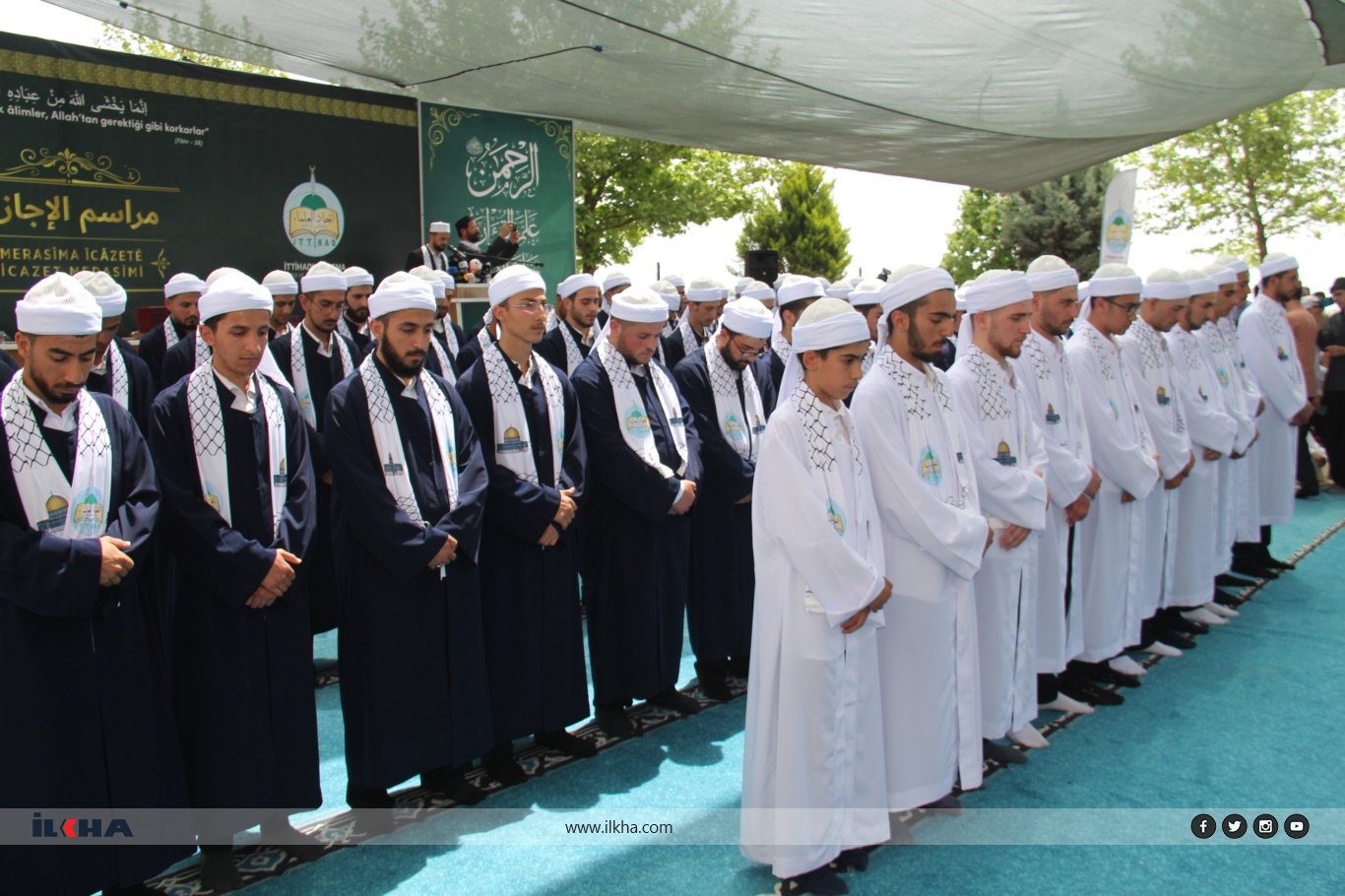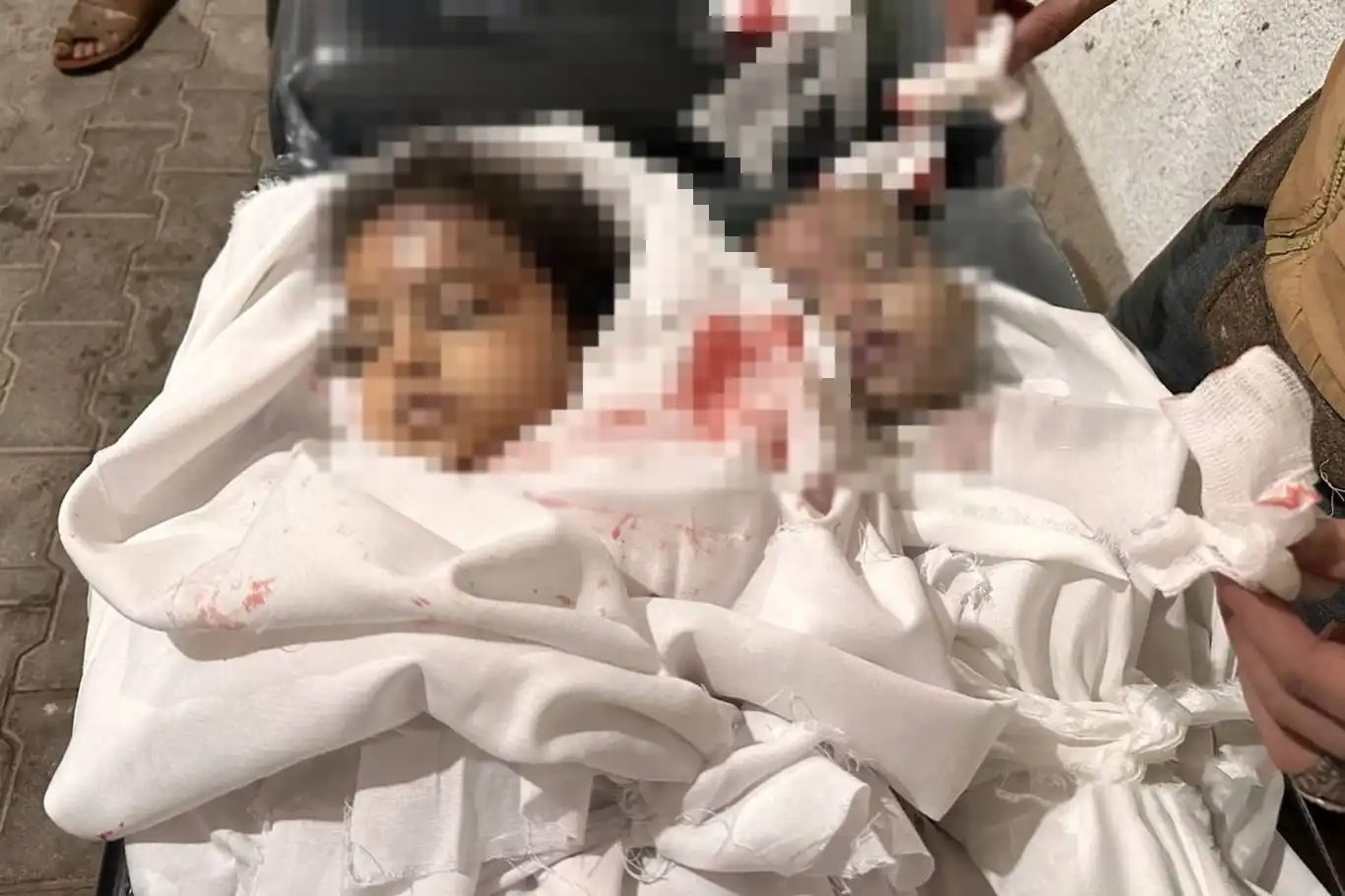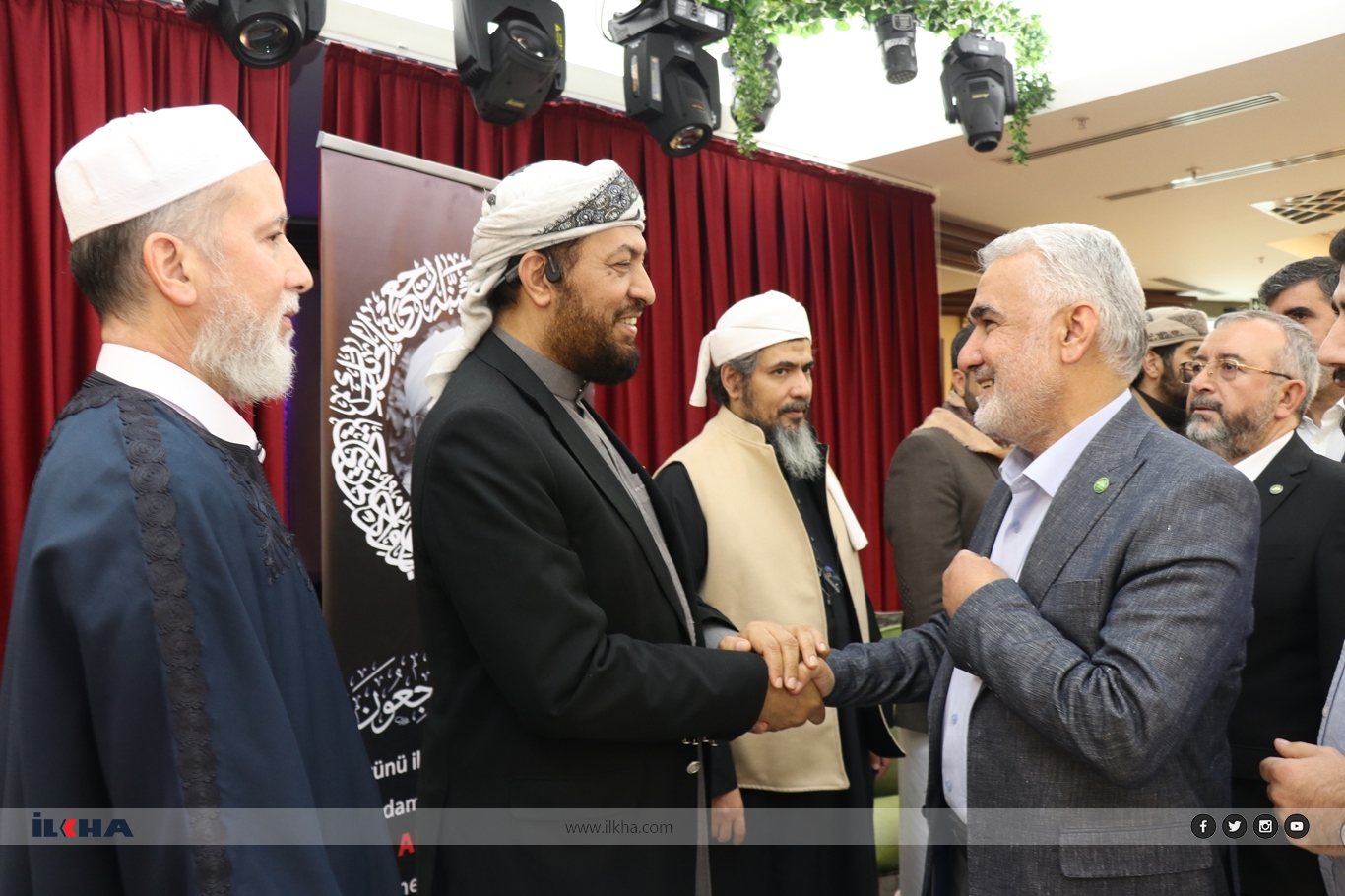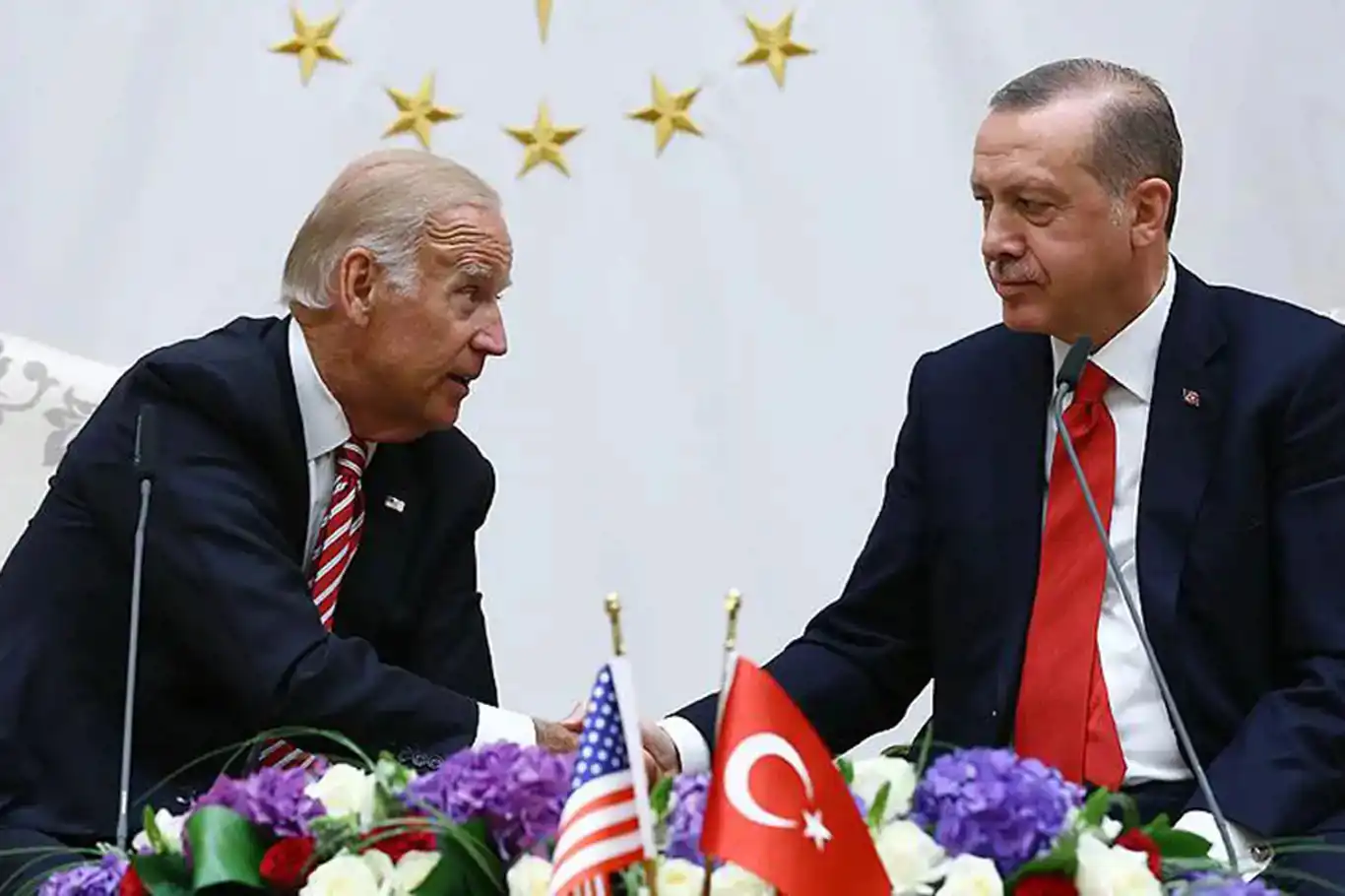Abbas Al Musawi commemorated on the 30th anniversary of his martyrdom
Sayed Abbas Al Musawi, one of the major founders of the Hezbollah movement in Lebanon and the former Secretary-General of Hezbollah, was martyred along with his wife and son by zionist occupation regime on February 16, 2022.
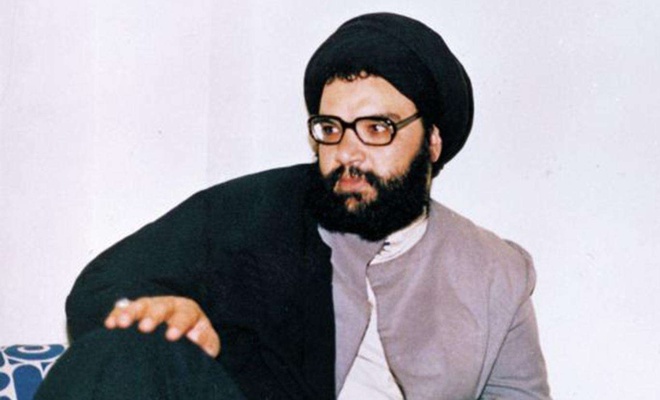
 Google News'te Doğruhaber'e abone olun.
Google News'te Doğruhaber'e abone olun. Musawi was born into a religious Muslim family in the village of Al-Nabi Shayth in the Beqaa Valley in Lebanon in around 1952. He spent eight years studying theology in a religious school in Najaf, Iraq, where he was deeply influenced by the views of Iranian Ruhollah Khomeini. Musawi was a student, at the hawza in Najaf, of Grand Ayatollah Sayyid Mohammad Baqir al-Sadr, an influential Islamic scholar, philosopher, political leader, and founder of the Da'wa Party of Iraq.
In 1978, Sayed Al Musawi returned to Lebanon with the determination to fight the Zionist occupation and oppression. Besides, in April 1980, Sayed Mohammed Baker al-Sadr was assassinated, which increased the fortitude of Sayed Al Musawi. Along with Subhi al-Tufayli he spearheaded the formation of the Hezbollah movement in the Beqaa Valley in 1982, one of the three major areas of the Shia population in Lebanon. From 1983 to 1985 he is reported to have served as operational head of the Hezbollah Special Security Apparatus.
In 1985, he resided, in a modest house, in the city of Tyr, in the Lebanese-South, after assuming the responsibility of the consultative council of Hezbollah. Sayed Al Musawi was resolute to conquer the Israeli entity, proclaiming that it is not the legend that cannot be defeated. From late 1985 until April 1988, he was head of Hezbollah's military wing, the Islamic Resistance.
In 1991, Hezbollah movement had entered a crucial era with the end of both the Iran–Iraq War and Lebanese Civil War, and the Taif Agreement. A new leader was thought to be needed to boost Hezbollah's focus on resistance activity against Israel. Sayed Al Musawi intensified Hezbollah’s military, political and popular action. Sayed Al Musawi was elected as Secretary-General of Hezbollah, in May 1991, for nine months, before his martyrdom. Nevertheless, he established social, national, political, educational and informational significant advances.
Sayed Abbas Al Musawi’s concern was greatly concerned about the affairs of all Muslim and vulnerable peoples, predominantly the oppressed of Palestine, Algeria, Pakistan, Afghanistan, and Kashmir. He was affectionate with those peoples and was fearless in expressing his firm stances. Further, he participated in many Islamic conferences, festivals, and political, social and cultural meetings, in Damascus, Tehran, and Islamabad. He sought unity among Muslim in the world, and he established relations with various prominent revolutionary leaders.
The Palestinian revolution was an important aspect of Sayed Abbas Al Musawi’s life; he lived the wounds of Palestine and the sufferings of its people. At the age of ten, he joined several military training camps along with the Palestinian rebels. He was wounded in one of the military operations that made him even more attached to his sacrificial ambitions.
Sayed Al Musawi was a remarkable spiritual hero of strong principles and he faithfully believed that the next world’s privileges are the outcome of this life. He used to frequently recite this supplication, “My Lord! If You insist on treating me with Your justice and holding me accountable for the misdeeds committed with every one of my organs, I demand that You grant me a purified martyrdom. A martyrdom that I personally choose as an atonement for my sins; a martyrdom with rare equals, with which my body is shredded and every one of my organs receives the punishment and penalty it deserves. A martyrdom which, my Lord, becomes definite that You inhabit me near You and near your saints. I say definitely because of my belief in Your justice and not to mention my belief in Your kindness.”
On 16 February 1992, israeli Apache helicopters fired missiles at the motorcade of al Musawi in southern Lebanon, killing al Musawi, his wife, his five-year-old son, and four others.
According to reports, two helicopters descended on a seven-vehicle convoy carrying Sayed Al Musawi after he deliver a speech during the annual commemoration remaking the martyrdom of Sheikh Ragheb Harb, who was also assassinated by the zionist regime, on 16 February 1984.
In retaliation, the Islamic Jihad Organization carried out the israeli Embassy attack in Buenos Aires. After the attack, the Islamic Jihad Organization declared that it was carried out for the revenge of the martyr infant Hussein, al Musawi's five-year-old son, who had been killed with his father.
Al Musawi was succeeded as Secretary-General of Hezbollah by Sayyed Hassan Nasrallah. (ILKHA)




























